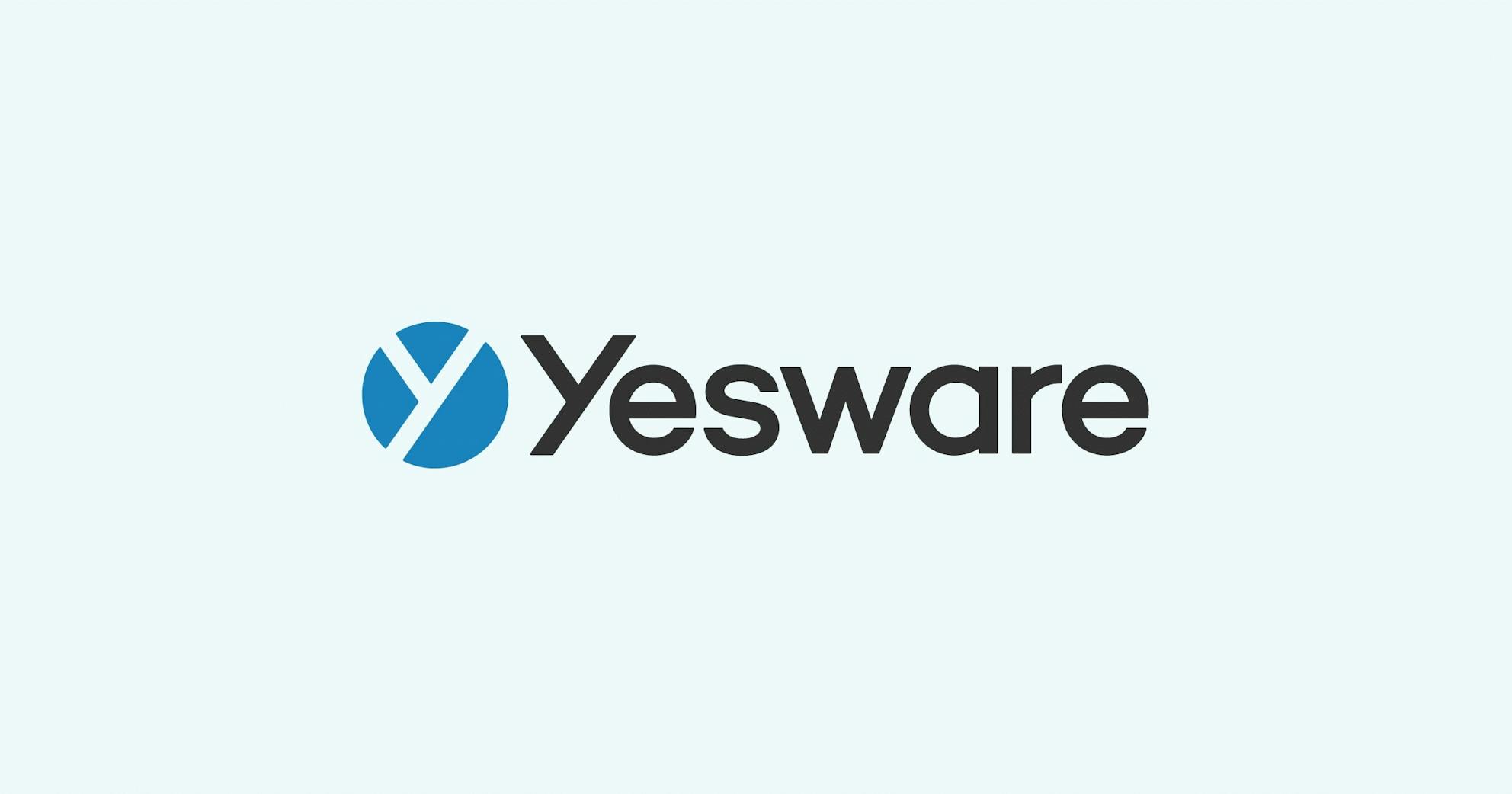Sales Coaching: Surprising ROI News
Nacie Carson
According to the American Society for Training and Development, American companies spend $20 billion a year on sales training, with a dubious return on investment. An ES Research Group study reported that 90% of all corporate sales training programs yielded only a 90-to-120-day increase in sales productivity before it returned to pre-training levels; similar studies showed as little as a six-week bump.
To increase the ROI of training dollars, some companies are looking beyond traditional training formats to incorporate sales coaching into their budgets. It’s an area that’s hard to quantify: the CEB Sales Leadership Council considers determining the ROI of sales training almost “impossible” due to the myriad factors that influence closing a deal. Can small businesses identify a substantial enough ROI to justify investing in a training strategy that seems as subjective and intangible as coaching?
New research says yes … but that yes comes with a twist.
Tip: This tool increases sales teams’ ROI by reducing manual tasks and increasing output.
Sales Coaching, Performance, and ROI
Compared to traditional training formats, coaching can appear more like a subjective art than an exact science. This perception can give some small businesses pause; isn’t it better to use limited training resources on “safe bet” strategies, like a commonly used curriculum?
Maybe not. Recent research conducted by the Sales Executive Council (SEC) indicates that there is a quantifiable ROI associated with utilizing coaches for sales training that gives traditional training a run for its money.
In The Dirty Secret of Effective Sales Coaching, Matthew Dixon and Brent Adamson noted that their SEC study, which involved thousands of sales representatives, saw an up-to-19% sustained improvement in the performance of sales representatives who received quality coaching. A separate 2009 SEC sales coaching study had indicated sales coaching could increase productivity and performance in sales reps by 17%. As Dixon and Adamson note, “Often as not, [these increases] makes the difference between hitting or missing goals.”
Their research also highlighted an important caveat often missed in the dialogue about the ROI of sales coaching: the quantifiable benefits of coaching vary wildly. Dixon and Adamson found sales coaching as a training strategy had only marginal impact on top performers (A reps) and lowest-tier performers (D reps). It was only mid-level performers (B reps and C reps) who experienced notable improvement from coaching.
The distinction of coaching’s impact on A,B,C, and D reps is important to quantifying the real ROI of sales coaching, as Dixon and Adamson reflect that “management targets the wrong reps all the time” for coaching, either focusing all their resources on the A and D reps or allocating equal resources to all rep levels, mistakenly imagining that “all boats will rise as a result.”
Strategies for Sales Coaching in Small Businesses
If hiring an outside sales coach to work individually with your sales representatives is cost-prohibitive, consider what Vertical Measures, a marketing agency based in Phoenix, has done to develop sales coaches internally.
Instead of reactively training when an issue arises, Vertical Measures has integrated sales training into workload through regular, peer-led meetings that highlight flexibility in the sales process, leverage individual expertise, and empower peer-to-peer coaching and mentorship among the sales group as a supplement to traditional management-led sales training. Kaila Strong, Director of Client Strategy at Vertical Measures, believes the ROI of this strategy is apparent in the fact that the company has more than doubled in less than a year.
Dixon and Adamson validate a similar approach, emphasizing the value of training sales managers in coaching as cost-effective and worthwhile, stating “no other productivity investment comes as close.”
Conclusion
Like quantifying the real ROI of traditional training methods, there are many factors that can influence whether or not sales coaching is effective for increasing your business’s performance.
However, while traditional, event-based training has consistently been proven ineffective, sales coaching – internal or external – continues to be generally validated as an effective tool that yields a return on investment greater than just dollars and cents.
How do you use sales coaching in your organization? What results have you seen?
Get sales tips and strategies delivered straight to your inbox.
Yesware will help you generate more sales right from your inbox. Try our Outlook add-on or Gmail Chrome extension for free, forever!
Related Articles
Casey O'Connor
Casey O'Connor
Casey O'Connor
Sales, deal management, and communication tips for your inbox

